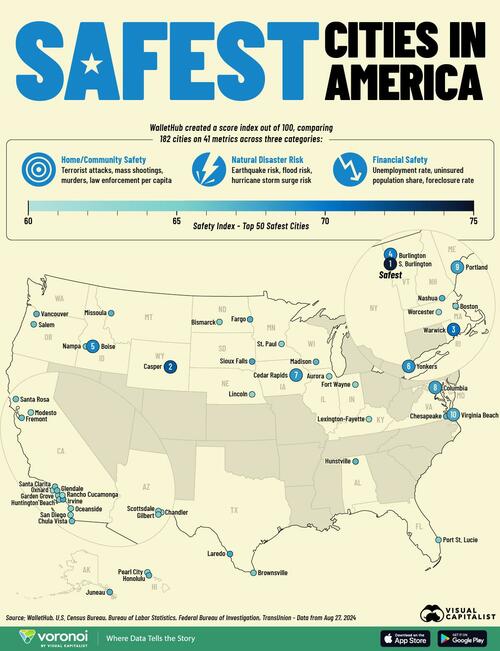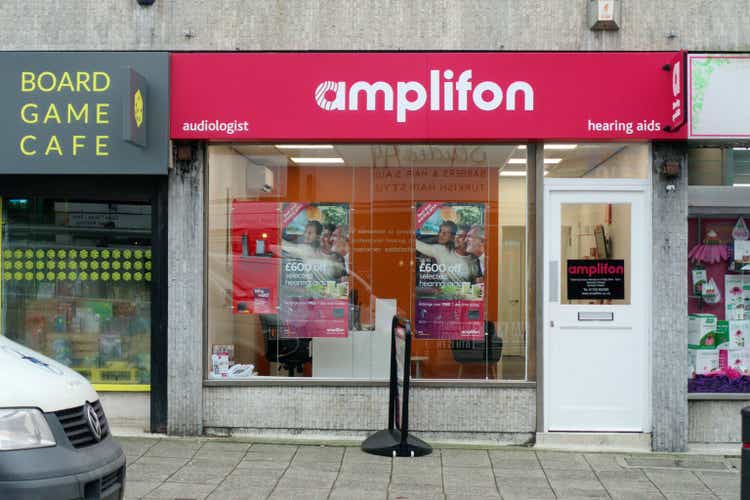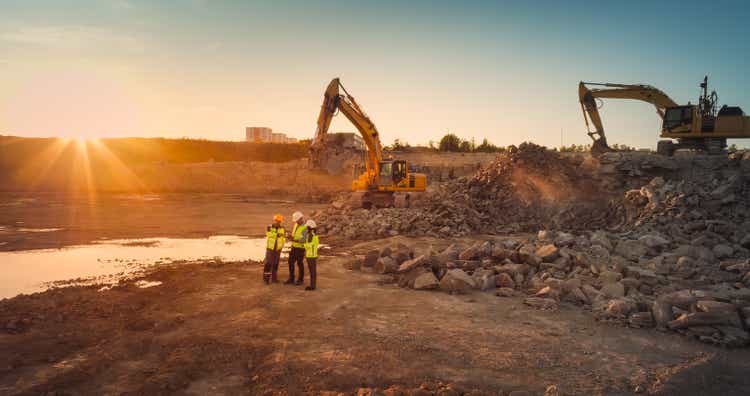
As Africa’s tech ecosystem, valued at an estimated $480 billion, continues to thrive with startups reaching profitability, there is a growing call for high-net-worth individuals (HNWIs) within the region to step up their participation in funding. Speaking at the Africa Startup Festival 2024 during a panel discussion titled Investing in Africa’s Tech Future: Trends and Economic Projections, Oyin Solebo, a prominent venture capital leader and former Managing Director at Techstars, emphasized the need for localized investment strategies. “For international investors, the risk-return profile of investing in Africa, and particularly Nigeria, is can be challenging.
When we compare average salaries, for instance—$200 in Nigeria versus $50,000 to $60,000 in the United States—it becomes evident why international players might pull out if the returns don’t justify the risk. Related Stories Africa’s booming wealth: A magnet for investment and global mobility solutions Investors now prioritize unit economics before funding startups – Oyin Solebo “What we must do is build locally tailored solutions and encourage corporates and HNWIs to invest. These stakeholders are uniquely positioned to provide strategic support and are far less likely to exit during turbulent times because they understand and have endured tough conditions,” Solebo remarked.
Speaking to Nairametrics she also highlighted critical structural barriers deterring foreign investors, particularly currency depreciation and repatriation challenges. “When returns are calculated in dollars, and there is significant naira depreciation month-on-month, the returns can become far less attractive. Add to that the difficulty of converting naira back into dollars—it creates a significant disincentive for foreign investors,” Solebo explained.
Her remarks underline the importance of fostering a resilient, locally funded ecosystem that can withstand external shocks and deliver sustainable growth. Solebo also highlighted significant gaps in how many African startup founders approach their business strategies. She observed that a number of entrepreneurs are operating in markets that lack sufficient opportunities to drive meaningful revenue.
“When investors ask questions like, What’s the market size? How many customers do you have? many founders struggle to provide clear answers because they haven’t done the necessary groundwork,” she noted. Further suggestions highlighted the need to critically evaluate potential customer base, pricing strategies, revenue projections, and profit margins to build stronger business cases. She further emphasized that many startups fail to create products that fit the market.
“B y market fit, I mean products that customers truly love, find useful and are willing to pay for,” she explained. Solebo advised entrepreneurs to prioritize understanding their customers—identifying their pain points, how they interact with the product, and what they’re willing to spend—before scaling their solutions. She emphasized the need for early planning when raising capital, as the process can take longer than anticipated.
She advised entrepreneurs to focus on building sustainable businesses by optimizing profitability, cutting unnecessary costs such as USD-denominated expenses, and exploring local alternatives like SaaS providers. She also encouraged leveraging grants, free credits, and other resources to minimize expenses and support long-term growth..













